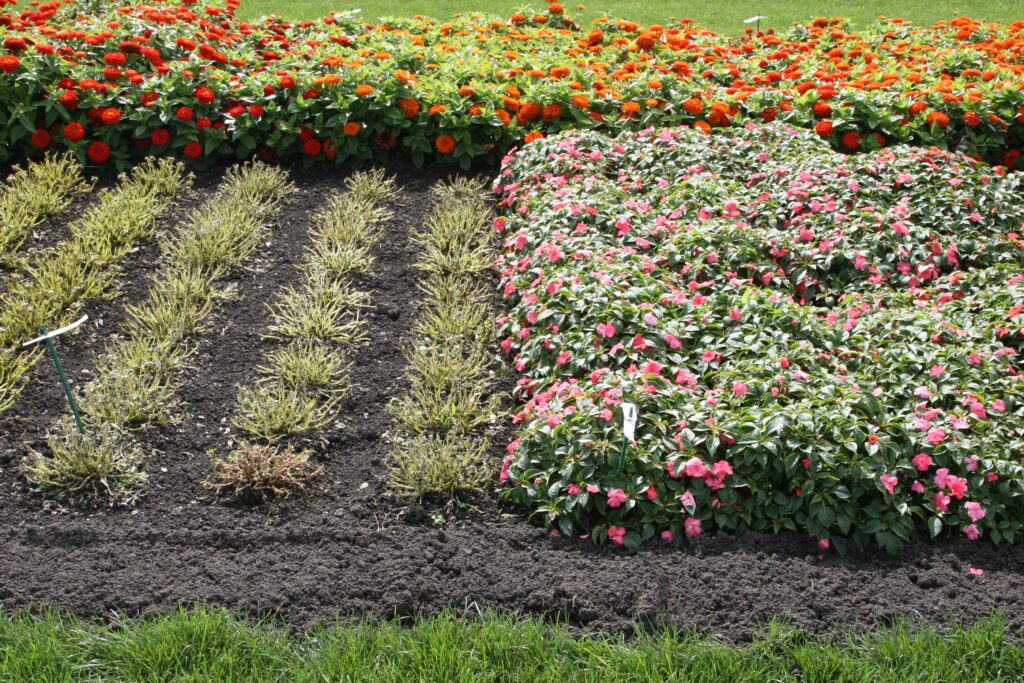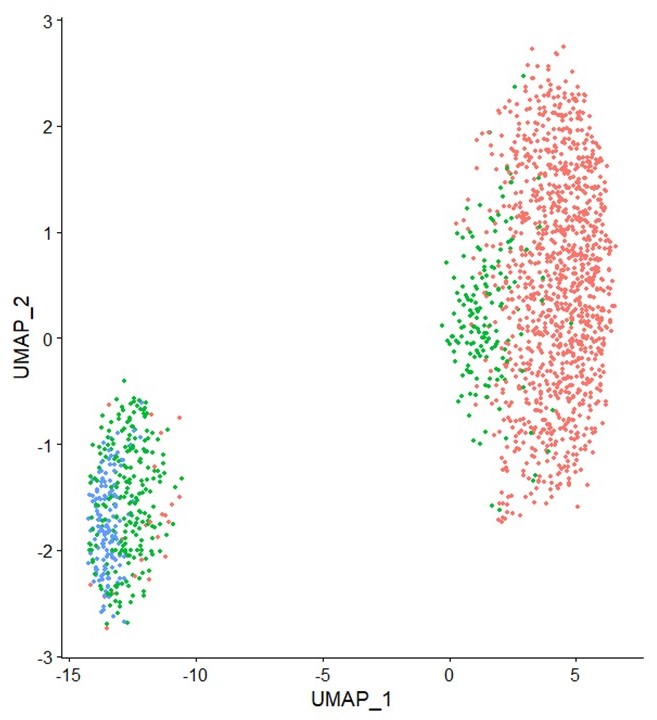Impacts
Examples of KeyGene's contribution to Technology innovation and Crop improvement

KeyGene's impact
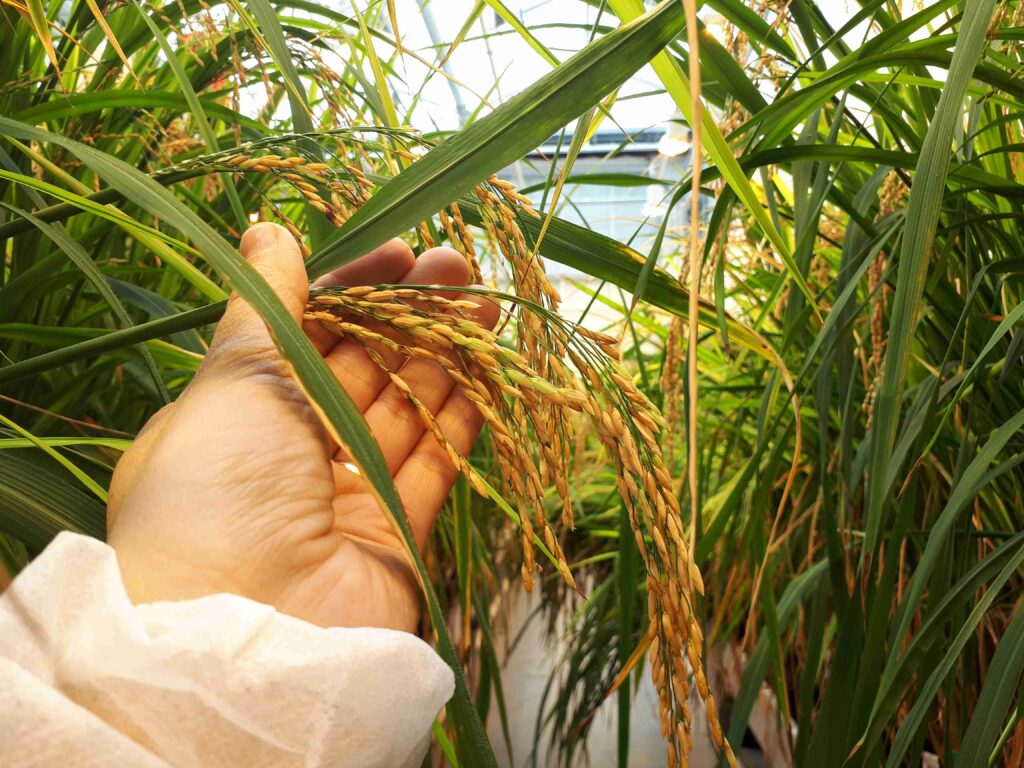
Hybrid rice for farmers in India
Experts from KeyGene and Bioseed, DCM Shriram in India, developed rice lines that can be used to breed hybrid varieties that meet the demands of Indian rice farmers.
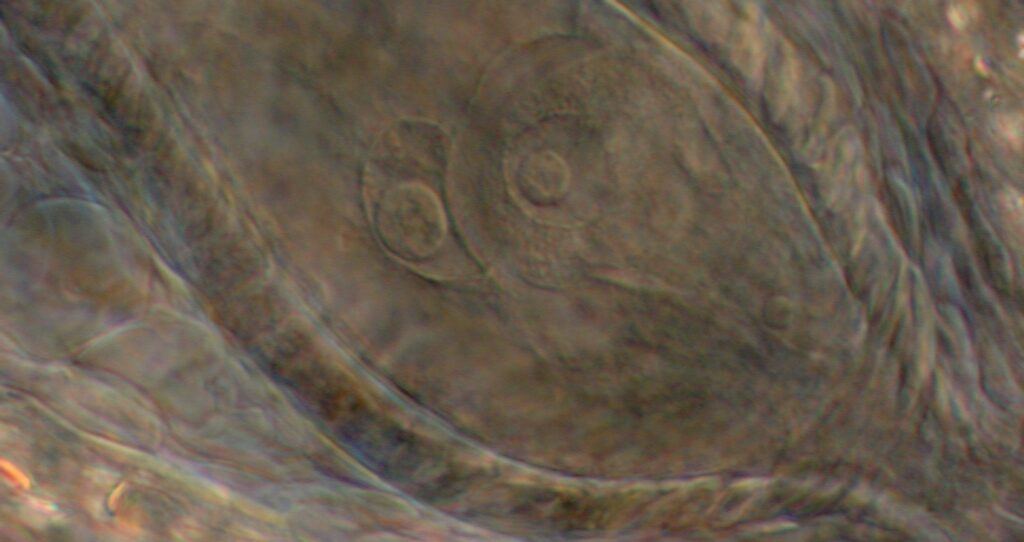
Genetics unraveled crucial to making crop plants produce clonal seeds through apomixis
Thanks to over 15 years of fundamental research at KeyGene, breakthroughs were achieved in understanding and using genes crucial to develop crop plants that produce 'clonal' seeds through apomixis.
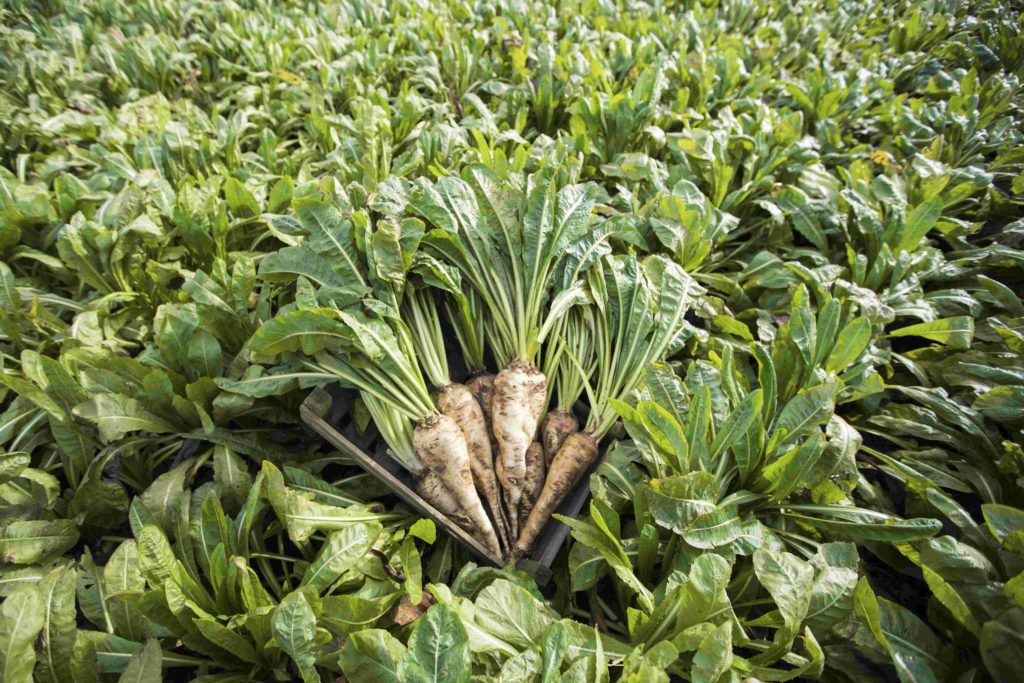
Genome editing successfully used to induce chicory plants to accumulate important medical compound
KeyGene, Wageningen University & Research, and Leibniz Institute of Plant Biochemistry in Germany, have induced desired variation in chicory for plants that accumulate costunolide, an anti cancer plant metabolite.
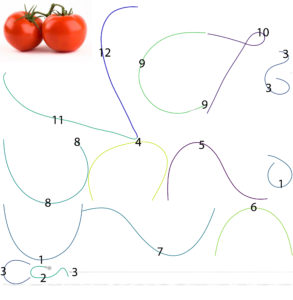
Telomere-to-telomere crop genomes using only one DNA sequencing platform
Collaboration between KeyGene scientists and the Telomere to Telomere consortium (studying the human genome) has resulted in telomere-to-telomere crop genomes of tomato and maize, using one sequencing technology.
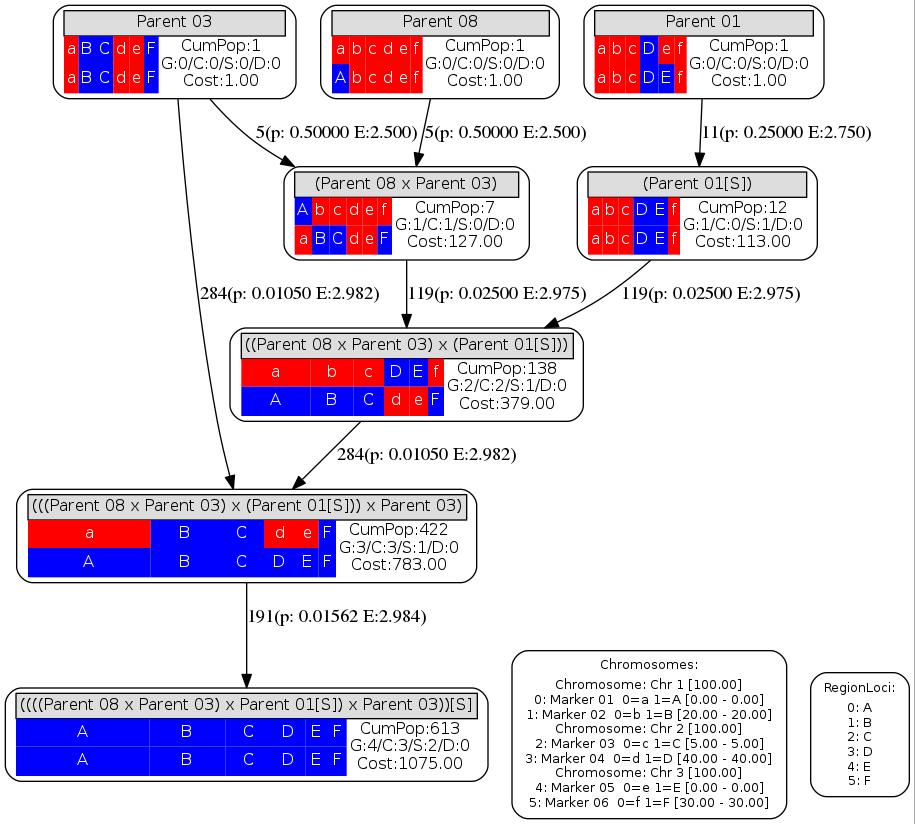
KeyGene’s breeding optimizer integrated in PhenomeOne software package for breeders
Based upon KeyGene’s breeding optimizing algorithm, Phenome Networks offers a new decision support tool to optimize breeding strategies for any crop, within their PhenomeOne software.

